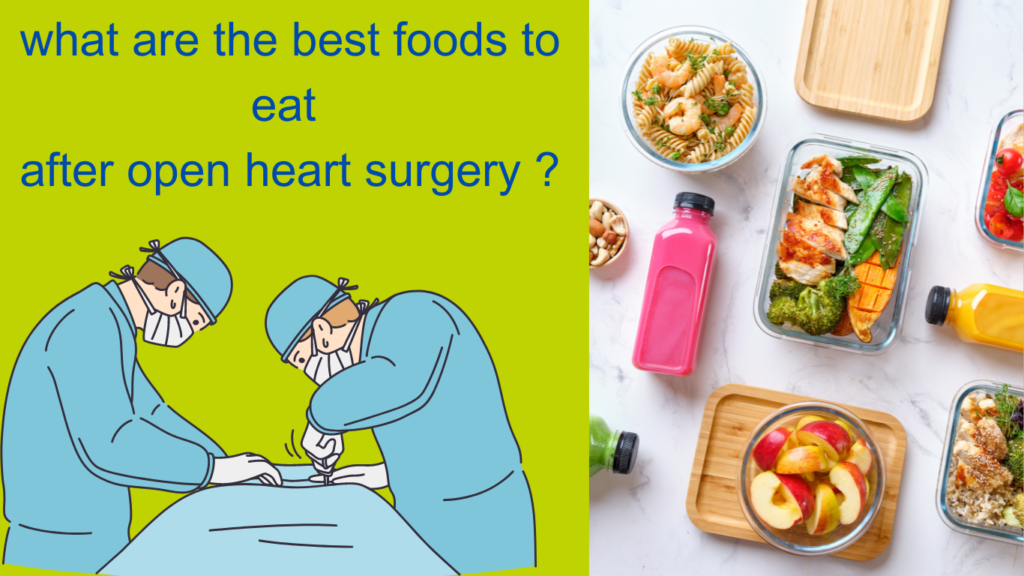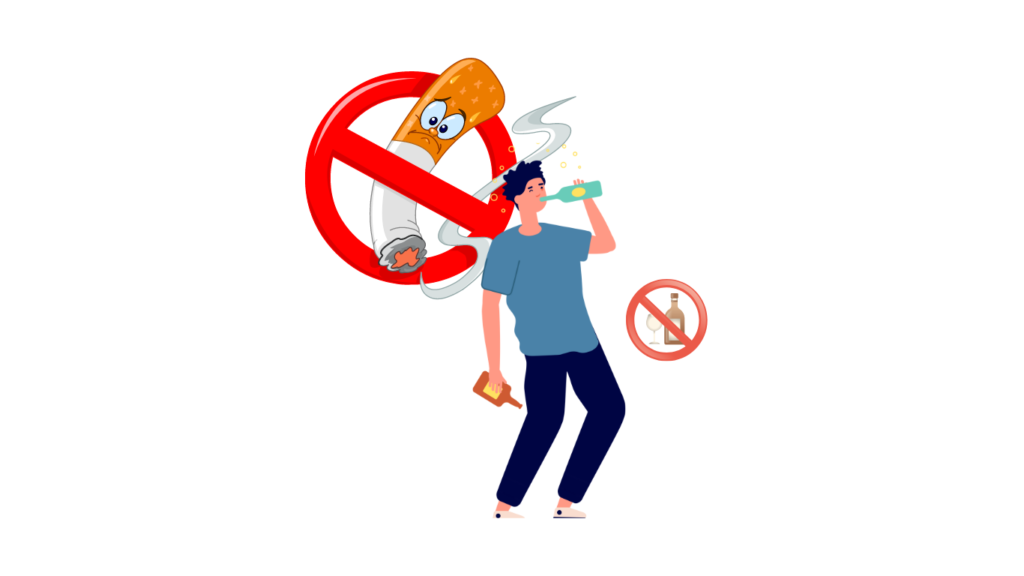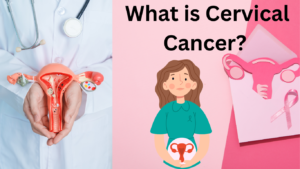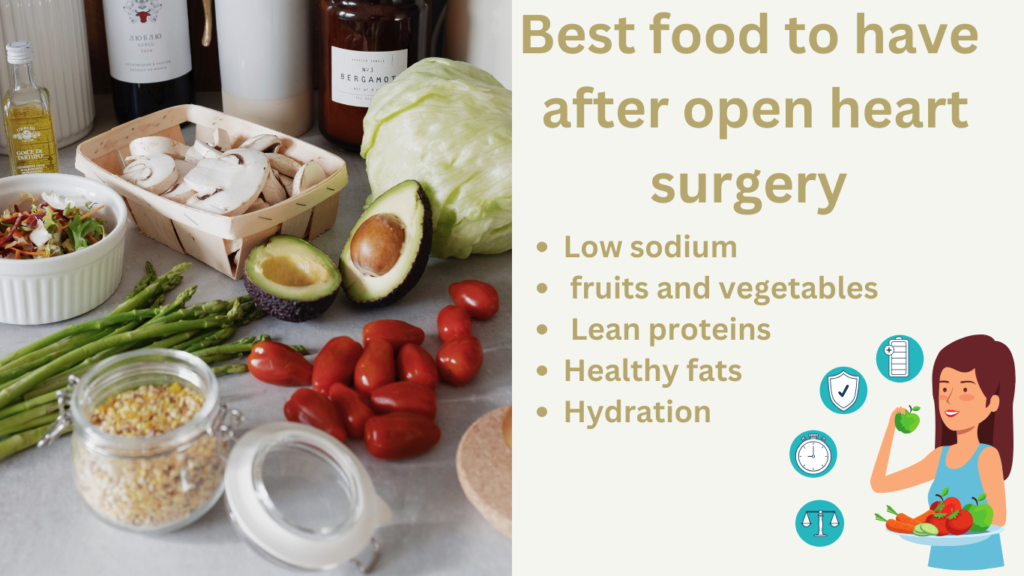
Best food after open heart surgery
After best open heart surgery, it’s essential to focus on a diet that promotes heart health and aids in recovery. Here are some of the best foods that you should include :-
- Lean proteins: After open heart surgery you must include beans, lentils, and tofu are excellent sources of lean protein. Protein is crucial for tissue repair and healing after surgery.
- Whole grains: Opt for whole grains such as brown rice, quinoa, oats, and whole wheat roti . These foods provide fibre, vitamins, and minerals, which are essential for overall heart health and digestion.
- Fresh fruits and vegetables: Incorporate a variety of colourful fruits and vegetables into your diet, as they are rich in vitamins, minerals, antioxidants, and fibre. Aim for at least five servings per day to support heart health and boost immunity.
To know more read cardiac rehabilitation please click here
- Healthy fats: Include sources of healthy fats in your diet, such as avocados, nuts, seeds, and olive oil. These fats can help lower cholesterol levels and reduce the risk of heart disease when consumed in moderation.
- Low-fat dairy: Choose low-fat or fat-free dairy products like milk, curd and cheese to meet your calcium needs without excess saturated fat. Calcium is essential for bone health and muscle function.
- Herbs and spices: Flavour your meals with herbs and spices like garlic, ginger, turmeric, and cinnamon, which have anti-inflammatory and antioxidant properties that may benefit heart health.
- Limited sodium: Reduce your intake of sodium by avoiding processed and packaged foods, using herbs and spices for flavour instead of salt, and opting for fresh, homemade meals whenever possible. High sodium intake can increase blood pressure and strain on the heart.
- Adequate hydration: Drink plenty of water throughout the day to stay hydrated, support proper digestion, and help your body function optimally during the recovery process.
- Omega-3 fatty acids: Incorporate sources of omega-3 fatty acids into your diet, such as flaxseeds, chia seeds, walnuts and sardines. Omega-3s have anti-inflammatory properties and may help lower the risk of heart disease.
- Antioxidant-rich foods: Consume foods high in antioxidants, such as berries (blueberries, strawberries, raspberries), dark leafy greens (spinach, kale, Swiss chard), and colourful vegetables (bell peppers, tomatoes, carrots). Antioxidants help protect the body from oxidative stress and support heart health.
- Small, frequent meals: Instead of large meals, consider eating smaller, more frequent meals throughout the day to avoid overloading your digestive system and to help maintain stable blood sugar levels.
- Herbal teas: Enjoy herbal teas like green tea, hibiscus tea, or chamomile tea, which can provide hydration and contain compounds that may have cardiovascular benefits, such as lowering cholesterol and blood pressure.
- Limit added sugars: Minimize your intake of foods and beverages high in added sugars, such as sodas, candies, desserts, and sweetened snacks after open heart surgery , Instead, satisfy your sweet cravings with whole fruits or small portions of naturally sweet treat .
- Healthy cooking methods: Choose heart-healthy cooking methods like baking, grilling, steaming, or sautéing with minimal oil to reduce added fats and calories in your meals.
- Mindful eating: mindful eating by paying attention to hunger and fullness cues, chewing food slowly, each bite. This can help prevent overeating and promote better digestion. and if you eat with your seances after open heart surgery it will help to reduce the future complication .
- Low-sodium alternatives: low-sodium or salt-free alternatives to common condiments like soy sauce, salad dressings, and canned soups. Using herbs, spices, lemon juice, or vinegar can add to your meals without adding extra sodium. or you can add pink salt it is safe and low inn sodium after open heart surgery.
- Nutrient-dense snacks: Choose nutrient-dense snacks such as Greek yoghourt, unsalted nuts and seeds, whole grain crackers, or sliced vegetables with hummus. These snacks provide energy and essential nutrients without excess saturated fat or added sugar .

- Limit caffeine and alcohol: While moderate consumption of caffeine and alcohol may be acceptable for some individuals, excessive intake can have negative effects on heart health. It’s best to limit caffeine and alcohol intake and consult with your healthcare provider for personal recommendations.
- Manage stress: Stress-reducing techniques such as deep breathing exercises, meditation, yoga, or spending time in nature. Chronic stress can negatively impact heart health, so finding healthy ways to manage stress is important for overall well-being.
- Regular follow-up appointments: Attend regular follow-up appointments with your healthcare provider to monitor your progress, discuss any concerns or symptoms, and adjust your treatment plan as needed. These appointments are essential for ensuring proper recovery and ongoing heart health.
- Support system: Surround yourself with a supportive network of family, friends, and healthcare professionals who can provide encouragement, assistance, and guidance throughout your recovery journey.
- Medication adherence: Take any prescribed medications exactly as directed by your healthcare provider, even if you’re feeling better. Medications such as blood thinners, statins, and blood pressure medications play a crucial role in managing heart conditions and preventing complications.
- Gradual return to activity: Ease back into your normal activities gradually, following your healthcare provider’s recommendations for physical activity and exercise. Start with low-impact activities such as walking or light stretching and gradually increase intensity as tolerated.
- Smoking cessation: If you smoke, quitting smoking is one of the best things you can do for your heart health. Smoking cessation can significantly reduce the risk of future heart problems and improve overall health outcomes.
- Monitor vital signs: Keep track of your blood pressure, heart rate, weight, and any other relevant vital signs as recommended by your healthcare provider. Monitoring these parameters can help detect changes or complications early on.
- To know more read also cardiac problem is lifestyle disorder click here
- Stay informed: Educate yourself about your condition, treatment options, and lifestyle modifications that can support heart health. Being informed empowers you to make healthier choices and actively participate in your recovery and ongoing care.
- Avoid trans fats: Steer clear of foods containing trans fats, which are often found in processed snacks, fried foods, and commercially baked goods like cookies and pastries. Trans fats can raise bad cholesterol levels and increase the risk of heart disease.
- Portion control: Pay attention to portion sizes to prevent overeating and maintain a healthy weight. Use smaller plates, bowls, and utensils to help control portion sizes, and listen to your body’s hunger and fullness cues.
- Balanced meals: Aim for balanced meals that include a combination of protein, carbohydrates, and healthy fats, along with plenty of fruits and vegetables. This can help stabilise blood sugar levels and provide sustained energy throughout the day.
- Gradual reintroduction of foods: Gradually reintroduce foods back into your diet as tolerated, especially if you’ve had dietary restrictions or complications following surgery. Monitor how your body responds to different foods and make adjustments as needed.
- Regular physical activity: In addition to a healthy diet, engage in regular physical activity as recommended by your healthcare provider. Physical activity is essential for cardiovascular health, weight management, and overall well-being.
- To know more about what to do after open heart surgery click here
- Monitor fluid intake: Keep track of your fluid intake, including water, herbal teas, and other hydrating beverages. Adequate hydration supports circulation, digestion, and kidney function, which are important for recovery.
- Listen to your body: Pay attention to how your body responds to different foods and activities, and make adjustments accordingly. If you experience any discomfort, digestive issues, or unusual symptoms, consult with your healthcare provider for guidance.
By focusing on a balanced diet, staying hydrated, and following your healthcare provider’s recommendations, you can support your recovery after open heart surgery and promote long-term heart health.
It’s important to remember that dietary needs can vary from person to person, so it’s best to work with a healthcare provider or a registered dietitian to create a personal nutrition plan that suits your individual needs and preferences. Additionally, continue to follow any dietary guidelines Remember to consult with your healthcare provider or a registered dietitian for personal dietary recommendations tailored to your specific needs and health status.
provided by your medical team to support your recovery and overall heart health




